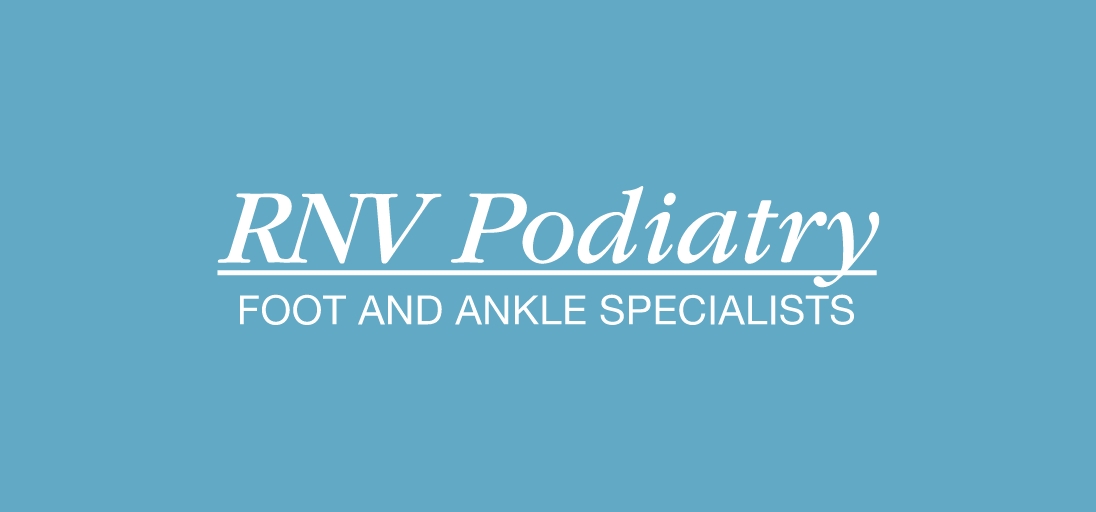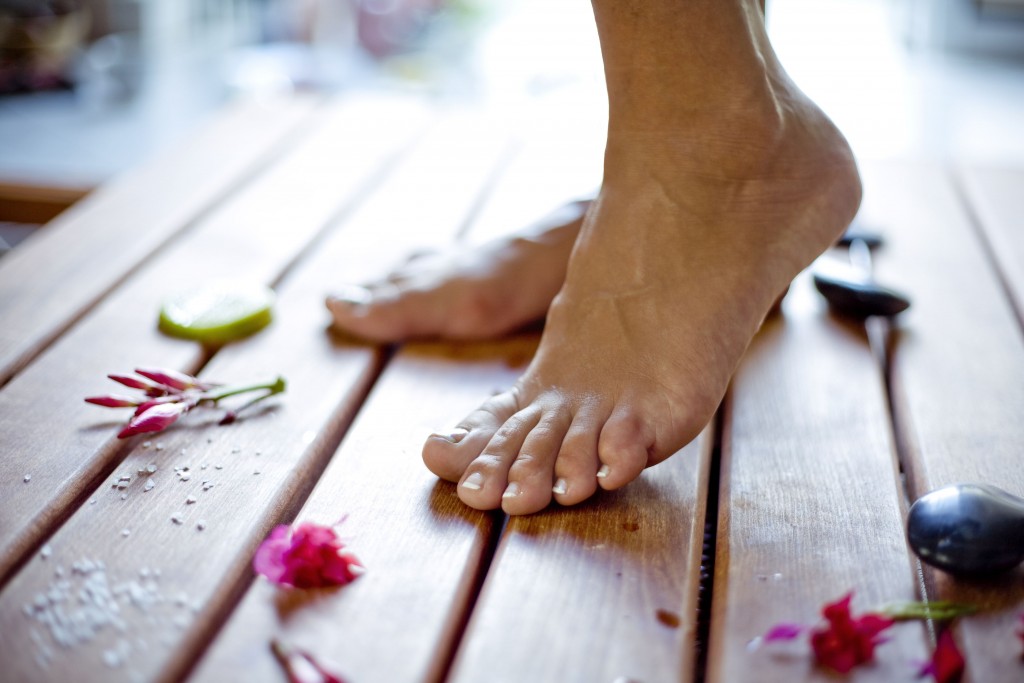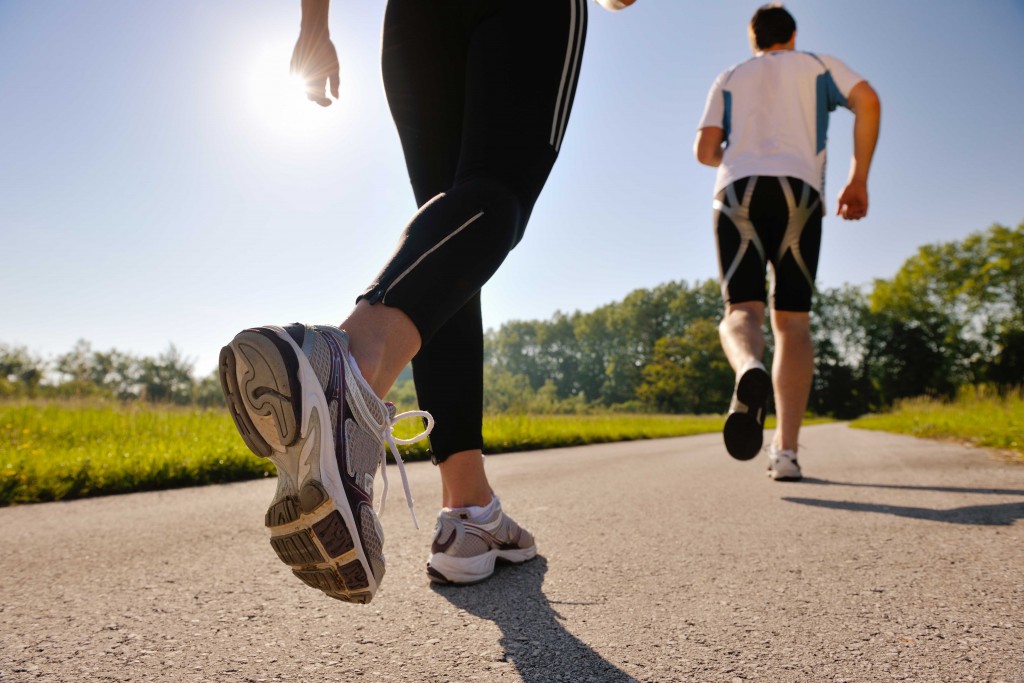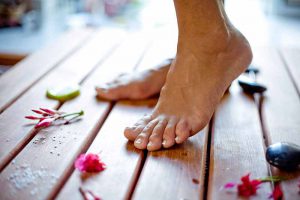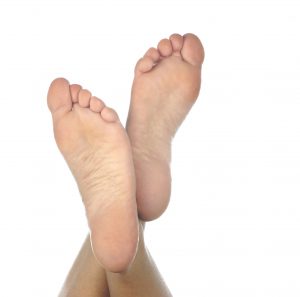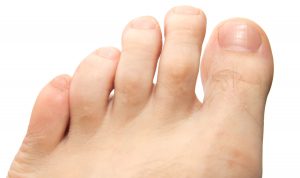Medically Reviewed by Dr. Rachel N. Verville
July 11, 2016
 We’ve all heard the phrase “No pain, no gain.” But with foot injuries, seeing a podiatrist before your condition worsens often turns out better in the long run.
We’ve all heard the phrase “No pain, no gain.” But with foot injuries, seeing a podiatrist before your condition worsens often turns out better in the long run.
In this case, running is actually part of the problem. Most patients with Achilles tendon injuries that I see at my Frisco practice are runners and weekend warriors. Intense activity after days of little to none is often worse because your body is not prepared for what you need it to do.
How Can I Tell It’s Achilles Tendonitis?
Achilles tendonitis is an inflammation of your lower calf that starts with a dull ache in the back of your lower calf after you’ve run or played sports for longer than usual. This tends to be more common in patients who are:
- Middle-aged. The older you grow, the weaker your muscles become.
- Wearing your old sneakers. Those old tennis shoes may be comfy to go for a run in, but investing in new footwear is an easy way to avoid Achilles tendonitis.
- Difficult terrain. Running up a hill or in a natural environment with an uneven surface can give you a sense of peace and joy that a paved surface won’t, but without the right preparation it can put too much pressure on your calf muscles.
What Can I Do About Achilles Tendonitis?
The good news about the early stages of Achilles tendonitis is that you can treat it at home successfully. The handy RICE treatment, good for several different podiatric ailments, is simple and very effective. RICE stands for:
- Rest until your pain improves.
- Ice the area to reduce swelling and pain. Ice should be applied for 15-20 minutes after you exercise and whenever you experience pain in this area.
- Compression by wrapping the area in bandages to keep muscles in place.
- Elevate your leg as much as possible, even while you sleep.
I also recommend taking over-the-counter analgesics like Aleve or Advil to stop the swelling and relieve any discomfort.
If you don’t feel like your condition improves after taking these steps, it’s important that you come in for a consultation and full exam to find a better option for treatment.
Frisco patients can call to schedule an appointment with RNV Podiatry by calling our office at (214) 385-8822 for a consultation.



